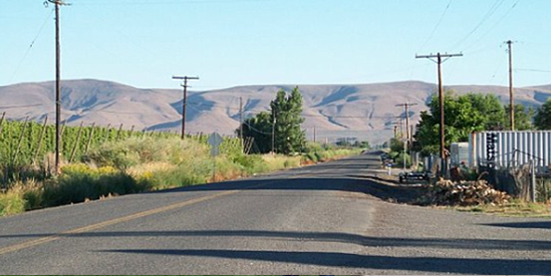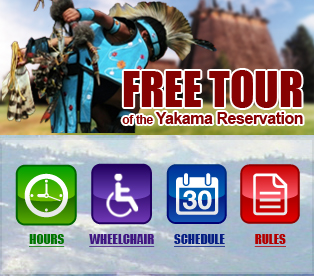

|

|


|

|

The Yakama Nation Tribal Transit (YNTT) system was created in 2007 under the Economic Development program. Through a partnership that was established with a non-profit organization, People for People (PFP), the YNTT and PFP were able to quickly set up a strategy to identify the transportation needs on the Yakama Reservation due largely in-part to the outreach experience by the PFP staff. Through community forums and community planning meetings with the general public and various social service agencies as well as partnership meetings and partnership planning meetings with various stakeholders we were able to identify the unmet transportation needs in our area. Also, through community outreach throughout the reservation by the YNTT staff by going door-to-door and speaking with and also administering surveys to areas without transportation and areas with transportation to determine the quality of service and if transportations needs were being met. Throughout the first year there was great demand for the transit service to expand into other areas of the reservation and YNTT staff began surveying the public in the areas not receiving transportation services.
With the economy still recovering some families have not. The demand from the public to travel to the neighboring cities of Yakima and Union Gap to access grocery stores, shopping centers, medical facilities and various other businesses located in this area continued to grow. Current transportation is being provided by PFP’s fixed-route called the Community Connector from Prosser to Yakima via Interstate 82 but it does not currently pass through the city of Union Gap where demand was greatest. After reviewing the schedules for the Community Connector, the Union Gap Transit and Yakima Transit a schedule was drafted that did not duplicate service currently provided by PFP, Union Gap or Yakima. The YNTT staff began traveling to certain areas located near and within the city of Goldendale and meeting with the public as well as other transportation providers in the area gathering information. Along with transportation providers YNTT staff met with Work Source Goldendale field office employees, Klickitat County Senior Center employees and representatives from the Mid-Columbia Conference of Governments on unmet transportation needs in the Columbia Gorge. The following map was drafted to illustrate the future expansion of the current transit system:
Along with the funding received from FTA the YNTT had applied for and successfully been awarded funding from the Washington State Department of Transportation for a Mobility Coordinator position in the amount of:
Under the American Recovery and Reinvestment Act (ARRA) the YNTT also applied for and have been successfully awarded funding for the erection of Bus Shelters in the amount of:
|